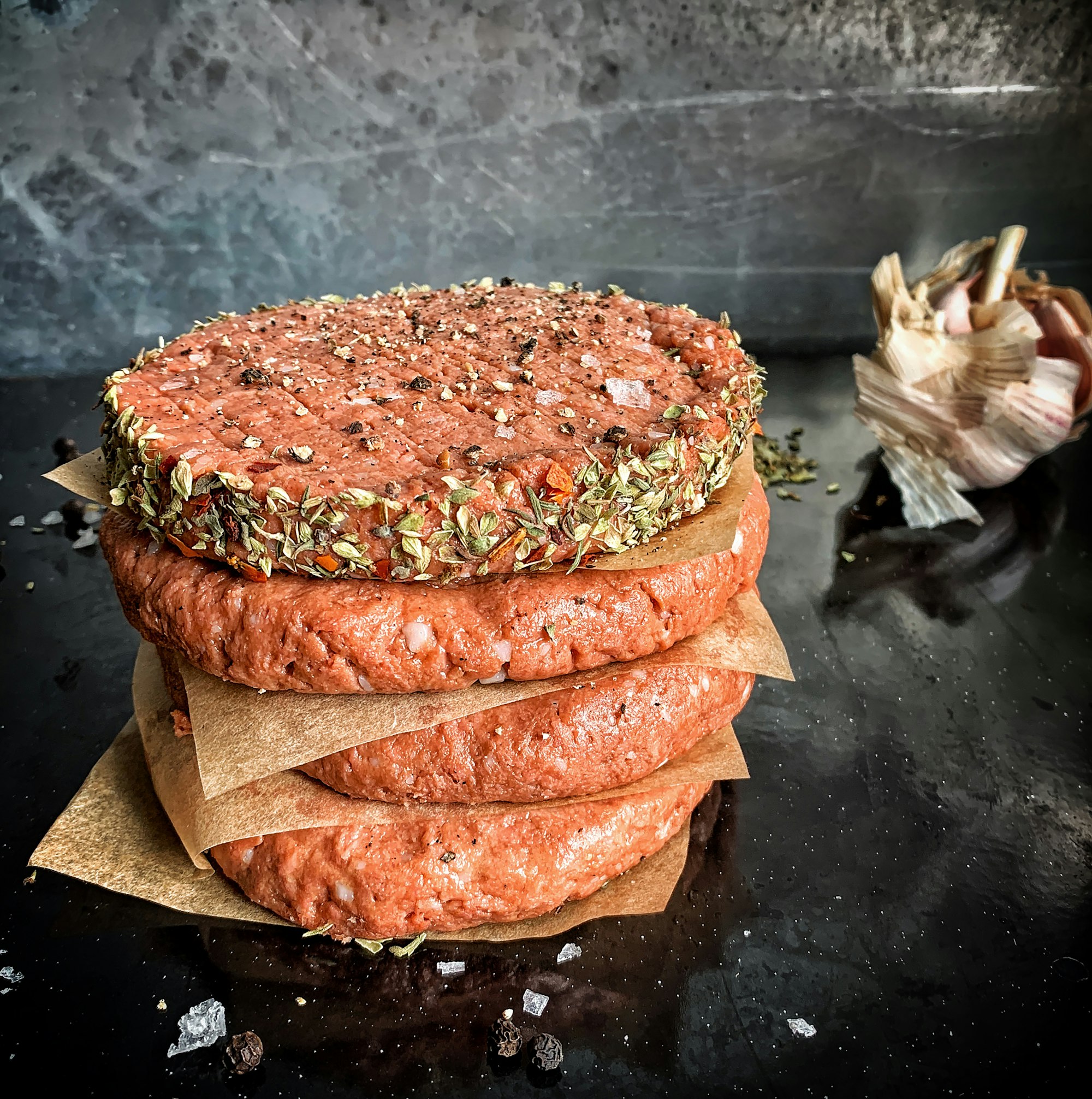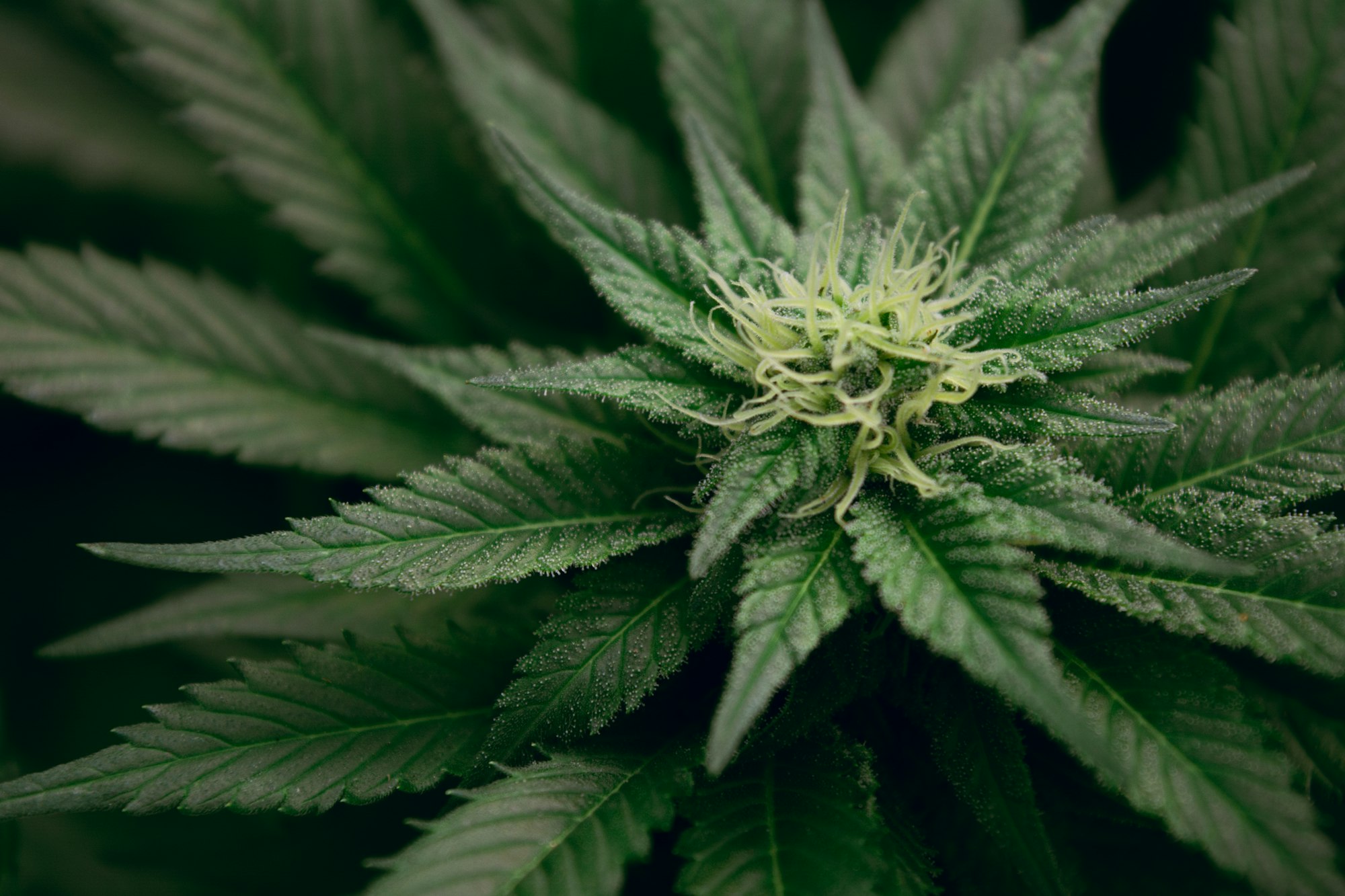Hemp-Seeds and Wheat Gluten: The perfect duo for plant-based meat, reveals Lund University Research
In the search for the perfect plant-based meat, researchers at Lund University in Sweden have broken new ground with the help of hemp seeds. This discovery fills a crucial gap in the vegan food market - the lack of a true "meaty" experience.

In the search for the perfect plant-based meat, researchers at Lund University in Sweden have broken new ground. Through meticulous experimentation, they have discovered a mixture of raw materials that significantly increases the appeal of vegan meat: a combination of wheat gluten and hemp seeds.
This discovery not only promises to improve the flavour and texture of plant-based meat, but also fills a crucial gap in the vegan food market - the lack of a true "meaty" experience.

Karolina Östbring and Jeanette Purhagen, who are leading the research, have focussed on the three crucial 'T's of food technology: Texture, temperature and taste. By using an extruder, they have succeeded in imitating the bite and muscle fibres of meat - a breakthrough in the texture of plant-based meat.
This technique, combined with the ideal blend of hemp seed and gluten, has resulted in a product that surpasses anything currently on the market in both flavour and texture.

But that's not all in terms of innovation. The team has also introduced a protein material with a high moisture content into the extruder, a method that reduces energy consumption during production by around 75 per cent. This not only simplifies the process, but also makes the product more climate-friendly - a significant achievement considering that many people are switching to a plant-based diet for environmental reasons.

This blend of hemp seed and gluten, chosen for its well-rounded flavour and satisfying bite, proved a clear favourite in taste tests alongside other combinations such as with peas or oats.
It is worth noting that hemp seeds, a by-product of hemp seed oil production, are not only convincing in terms of texture and flavour, but are also a sustainable choice. This is because they can be grown almost anywhere, supporting local agriculture, and the remaining parts of the hemp plant can be used for various products, such as textiles and building materials.

Lund University's research highlights an important finding: the future of plant-based meat lies in combining different raw materials to achieve the desired mouthfeel and nutritional content.
By combining proteins with fibres in a way that avoids the rubbery smoothness often associated with vegan meat, they pave the way for more enjoyable and sustainable food choices.

Although the researchers themselves are not directly commercialising their discovery, their work has attracted the interest of several companies that want to bring these improved vegan meat analogues to market. The implications are far-reaching, promising not only a better vegan burger, but also a shift towards more environmentally sustainable and energy-efficient food production processes.
To summarise, Lund University's foray into the world of plant-based meat could very well redefine the way we approach vegan cuisine, making it tastier, more sustainable, and accessible to a wider audience - with hemp as an important component.


